The Future Of Marvel: Improving Cinematic And Television Output
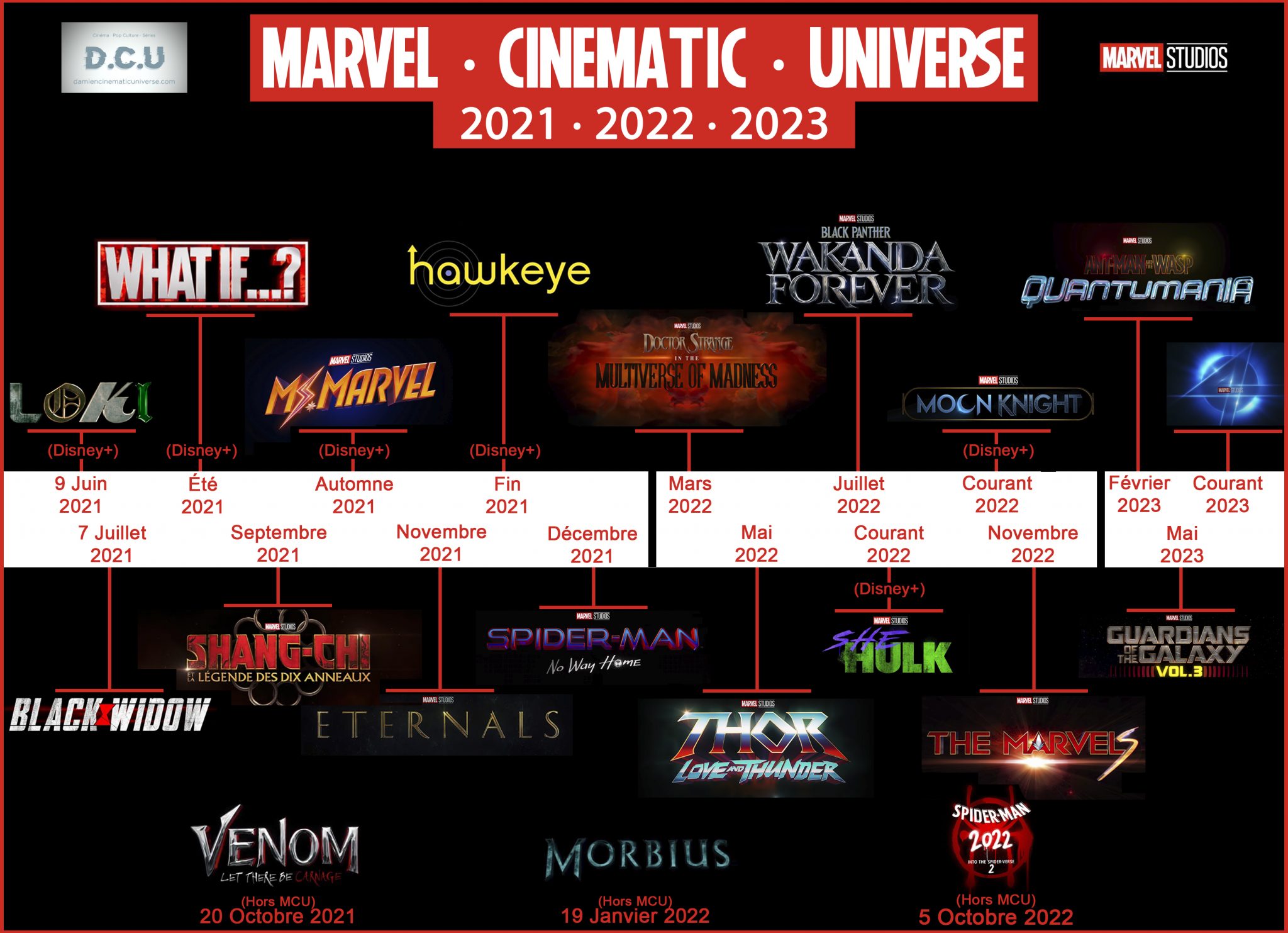
Table of Contents
Elevating Storytelling & Character Development
To revitalize the MCU, a renewed focus on compelling narratives and complex characters is paramount. The formulaic plots and predictable character arcs of some recent releases have left audiences wanting more.
Focusing on Compelling Narratives
Strong, original storylines are the backbone of any successful franchise. Marvel needs to move beyond formulaic plots that prioritize spectacle over substance.
- Examples of successful narratives: Spider-Man: Into the Spider-Verse, WandaVision, and Loki all showcased innovative storytelling approaches that resonated deeply with audiences.
- Examples of less successful narratives: Some recent MCU films have been criticized for feeling rushed, lacking emotional depth, or relying too heavily on established tropes.
- The need for higher stakes: Future storylines need to present characters with genuine challenges that force them to grow and evolve. The stakes must be raised beyond simple good versus evil conflicts.
- Exploring more complex character arcs: Characters need to grapple with internal conflicts and moral ambiguities, making them more relatable and compelling. The simplistic "hero's journey" arc needs to be expanded upon to allow for more nuanced and realistic character development. This also ties into improving Marvel storytelling overall.
Developing More Complex and Relatable Characters
A common criticism leveled against recent MCU projects is the perceived lack of depth in many of its characters. While introducing new heroes is crucial, ensuring they're well-developed and relatable is essential.
- The importance of nuanced character development: Characters should be flawed, conflicted, and possess relatable motivations. Their journeys should be believable and emotionally resonant.
- Exploring character flaws and motivations: Audiences connect with characters who are not perfect, who make mistakes, and who struggle with their own demons.
- Showcasing diverse representation authentically: Diversity is not just about representation for the sake of it; it's about portraying diverse characters with genuine depth, nuance, and complexity, avoiding stereotypical representations. This is crucial for improving Marvel characters and their reception by audiences.
Streamlining the Multiverse Narrative
The multiverse is a powerful storytelling tool, but its uncontrolled expansion risks overwhelming audiences and diminishing the impact of individual stories.
Managing the Expanding Multiverse
The sheer scale of the MCU multiverse presents both opportunities and challenges. Marvel needs to find a way to manage this complexity without sacrificing narrative coherence.
- The need for clearer explanations of multiverse mechanics: Audiences need a clear understanding of how the multiverse works, its rules, and its limitations. Overly complicated explanations can lead to confusion and disconnect.
- Avoiding overwhelming the audience with too many characters and timelines: Focusing on fewer, more impactful storylines, rather than trying to juggle countless characters and timelines simultaneously, will improve audience engagement.
- Focusing on smaller, more contained stories within the larger multiverse: This approach allows for deeper exploration of characters and themes without sacrificing the overall scope of the multiverse narrative. This will help improve MCU multiverse storytelling considerably.
Utilizing the Multiverse Strategically
The multiverse presents a unique opportunity for creative storytelling, allowing Marvel to introduce new characters, explore alternative versions of existing characters, and revisit past storylines in fresh and exciting ways.
- Introducing new characters: The multiverse allows for the introduction of characters from different realities, expanding the possibilities for fresh perspectives and storylines.
- Exploring alternative versions of existing characters: Seeing how familiar characters would behave in different contexts can be both intriguing and emotionally rewarding.
- Revisiting past storylines in fresh ways: The multiverse allows for revisiting beloved storylines from a different perspective, offering new interpretations and insights. This creative use of the Marvel multiverse can reignite audience interest and add layers of complexity to existing narratives.
Strengthening the Television Arm of the MCU
The success of the MCU relies on the synergy between its film and television projects. Maintaining consistent quality across all platforms is crucial.
Maintaining Consistent Quality Across Platforms
While Marvel Studios has produced some critically acclaimed television shows, there's a need for greater consistency in quality and integration with the overall MCU narrative.
- Better integration of television shows into the overall MCU narrative: Television shows should feel like integral parts of the larger MCU story, not standalone productions.
- Avoiding creative inconsistencies: Maintaining consistent tone, style, and characterization across both film and television is essential for a cohesive viewing experience.
- Ensuring high-quality production values across all platforms: Regardless of the platform, all MCU projects should meet the same high standards of production quality. This will significantly improve Marvel TV shows and their impact on the larger MCU narrative.
Exploring Diverse Genres and Storytelling Styles
The MCU's television arm should experiment with different genres and storytelling styles to expand its reach and appeal to a broader audience.
- Examples of successful genre-bending television shows: Shows like What We Do in the Shadows and The Mandalorian have demonstrated the potential of genre blending and innovative storytelling.
- The potential for animation, anthology series, or different formats to expand the MCU's reach: Exploring different formats can attract new audiences and keep the franchise feeling fresh and exciting. Marvel animation, in particular, could tap into a largely unexplored area with incredible potential. This is crucial for the future of Marvel and its expanding audience.
Conclusion
The future of Marvel hinges on a renewed focus on compelling storytelling, a strategically managed multiverse narrative, and a more cohesive and diverse television strategy. By prioritizing strong character development, consistent quality across platforms, and innovative storytelling approaches, Marvel can recapture its creative peak and ensure the continued success of the MCU for years to come. What's your vision for the future of Marvel? Share your thoughts in the comments! Let's discuss the future of Marvel and how we can make it even better!

Featured Posts
-
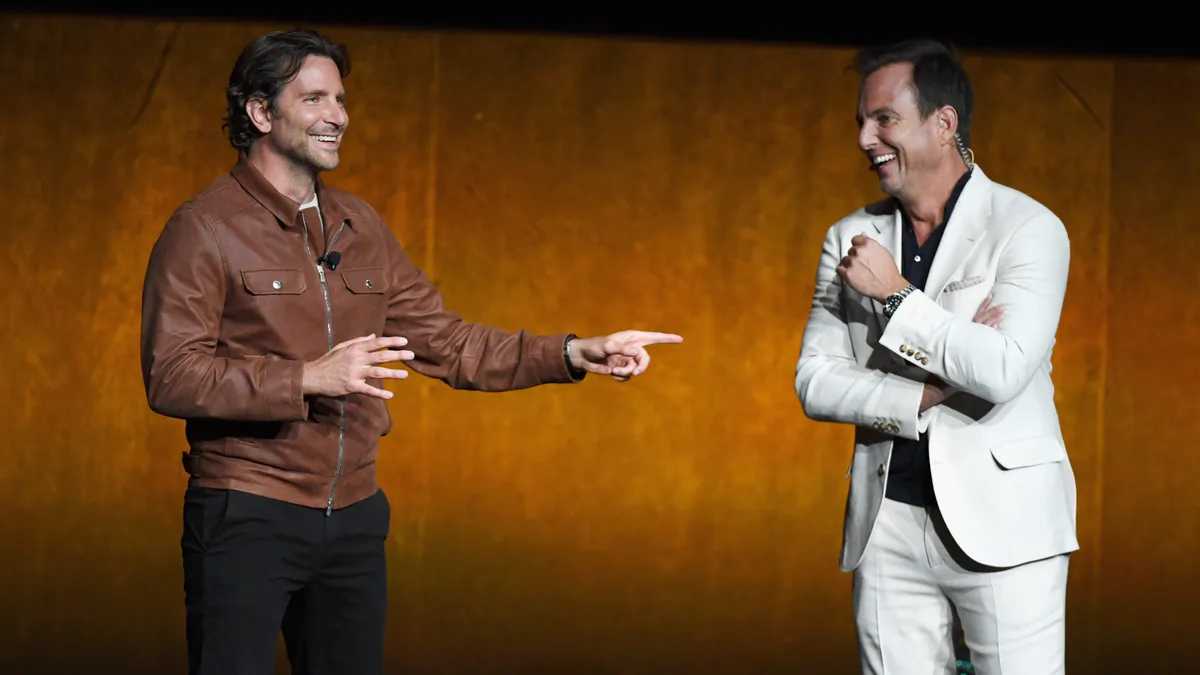 Will Arnett And Bradley Cooper Spotted Filming Is This Thing On In New York City
May 04, 2025
Will Arnett And Bradley Cooper Spotted Filming Is This Thing On In New York City
May 04, 2025 -
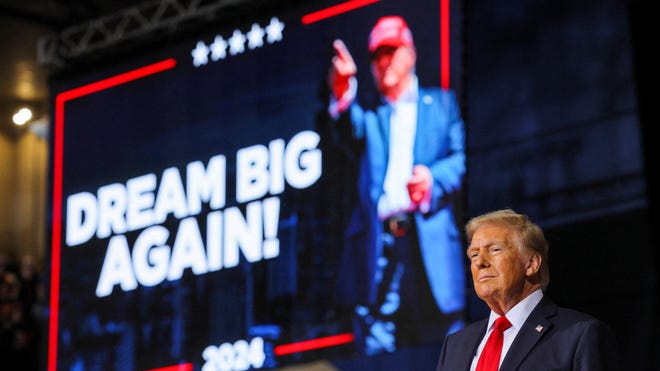 Aritzias Response To Trump Tariffs No Planned Price Hikes
May 04, 2025
Aritzias Response To Trump Tariffs No Planned Price Hikes
May 04, 2025 -
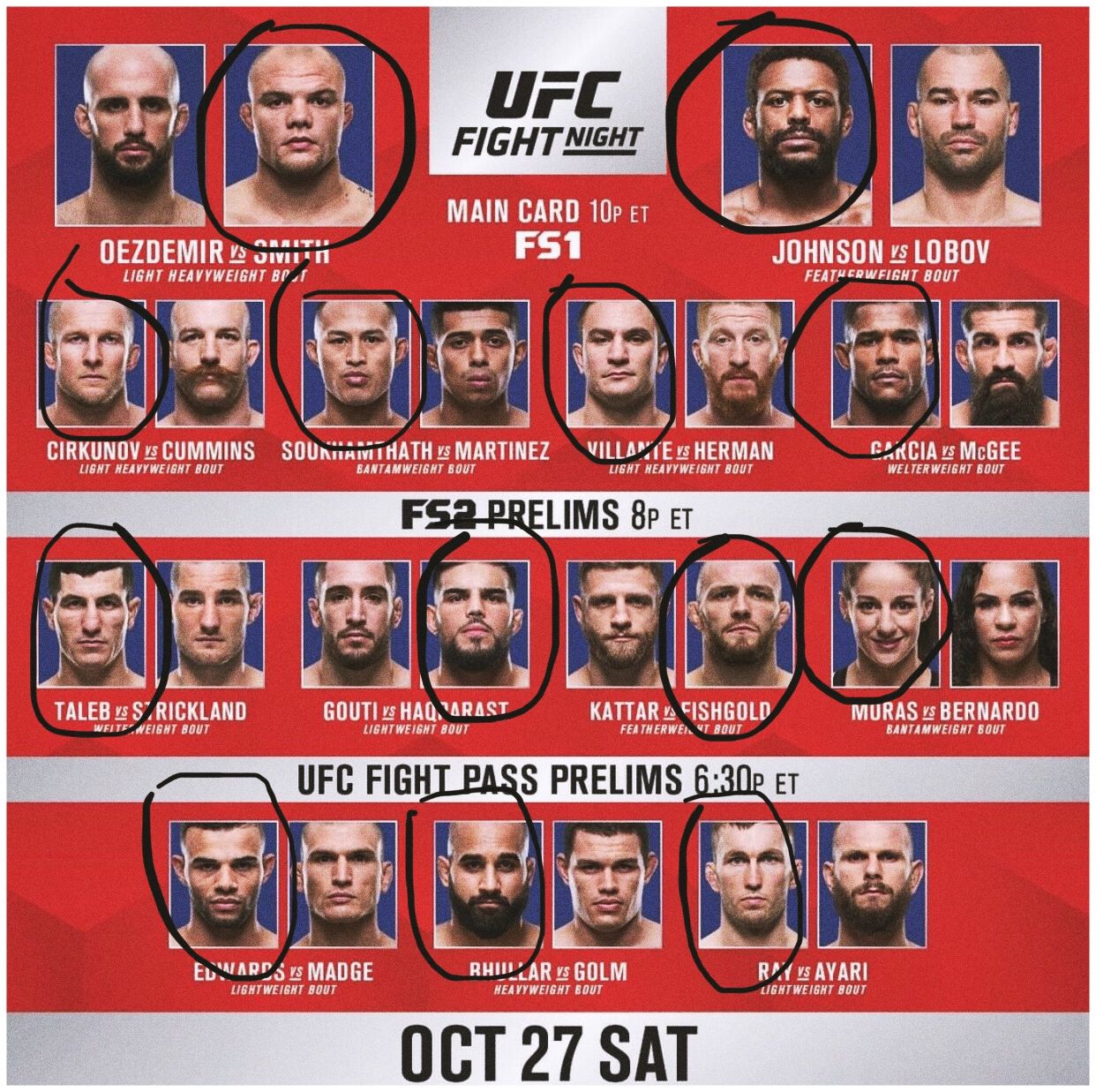 Ufc Announces Fight Card Shuffle For Ufc 314
May 04, 2025
Ufc Announces Fight Card Shuffle For Ufc 314
May 04, 2025 -
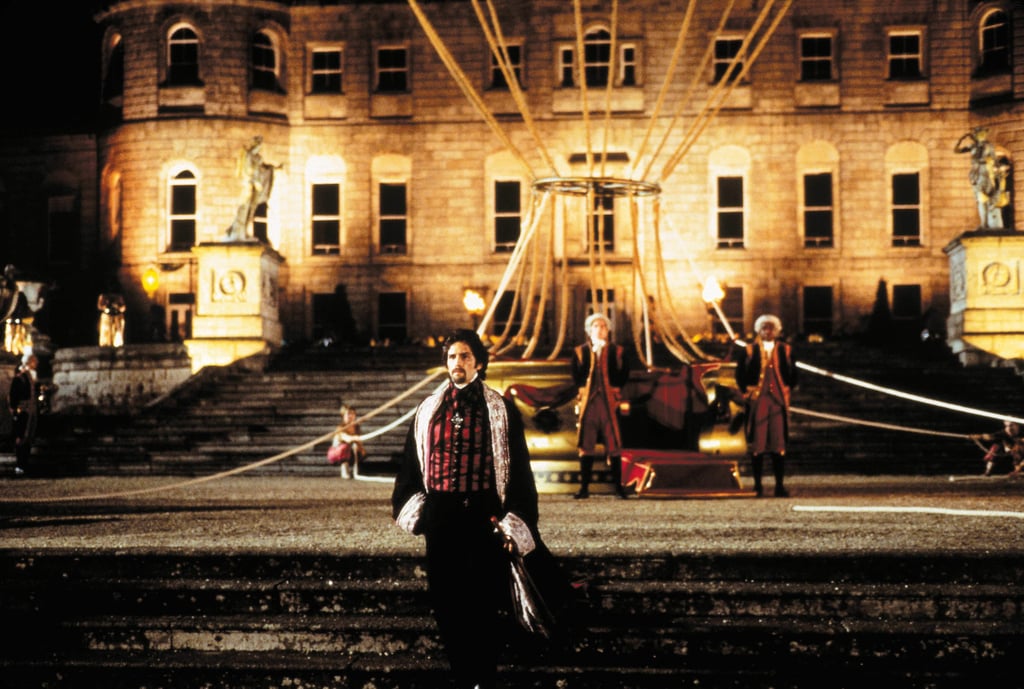 The Count Of Monte Cristo A Modern Reassessment Of A Literary Giant
May 04, 2025
The Count Of Monte Cristo A Modern Reassessment Of A Literary Giant
May 04, 2025 -
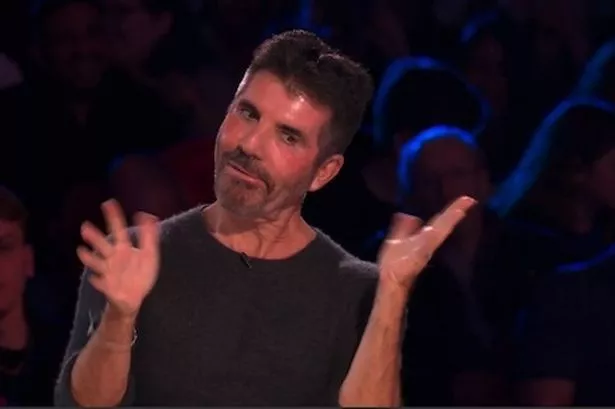 Simon Cowell Reacts To Bgt Stars Semi Final No Show
May 04, 2025
Simon Cowell Reacts To Bgt Stars Semi Final No Show
May 04, 2025
